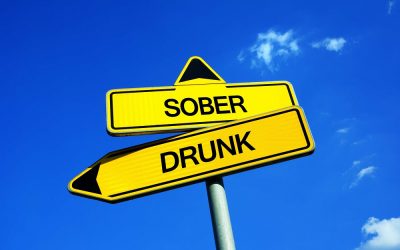Over time, the individual will need to use more heroin in order to achieve the desired high. When heroin use stops, or is significantly reduced, the individual will go into withdrawal. Opiate withdrawal can present severe symptoms, such as drug cravings, depression, muscle spasms, and nausea. There is general agreement in the medical community that a person who withdraws from heroin should be under the supervision of a doctor who specializes in addiction treatment.
Knowing the signs of a heroin overdose can mean the difference between life and death. More than 13,000 Americans died from a heroin overdose in 2016. People who are nodding off experience slowed breathing and have a lower pulse. They may look as if they’re about to fall down, but they usually won’t. Some heroin users have described the nod as an almost hypnotic state on the edge of consciousness.
Snorting Tramadol: Dangers, Health Risks, & Treatment
Repeat use is often responsible for strong physical dependence, intense cravings and severe withdrawal symptoms. Signs of heroin addiction include the signs for heroin use but to a greater degree. Once a person has become addicted to heroin, they may have already lost their job, abandoned their family and quit seeing any drug-free friends altogether. Heroin addiction signs include a marked drop in self-care and hygiene to the point where the heroin addict rarely showers, changes clothes or grooms themselves. The biggest sign of heroin addiction is simply that the addict places no value on anything but obtaining and using the drug. The heroin addict has no motivation to do anything other than heroin.

It’s reported that over 50 million people worldwide use heroin, cocaine, and other synthetic drugs on a usual basis. In 2011, 4.2 million Americans over the age of 12 reported having used heroin at least once in their lifetime, which is 1.6% of the population. Additionally, it has been estimated that approximately 23% of heroin addiction treatment individuals who have used heroin have become dependent upon it. Heroin is a highly addictive drug that some people use for recreational purposes. It is an illegal substance that has no recognised medical use in the U.S. A person should speak with a healthcare professional if they are thinking of stopping using heroin.
Prescription Opiates: As Addictive as Heroin?
Shooting heroin can leave track marks or scars on the arms or other injection sites. Snorting heroin can damage the nose, causing nosebleeds and damage to the nostrils. Heroin can also be smoked and cause noticeable breathing problems. Joining a support group for people in recovery from substance use may also have benefits.



